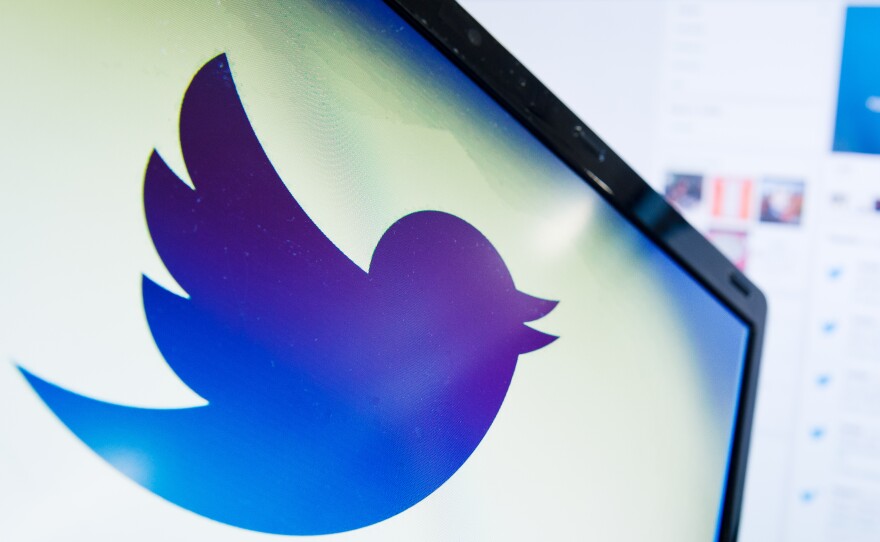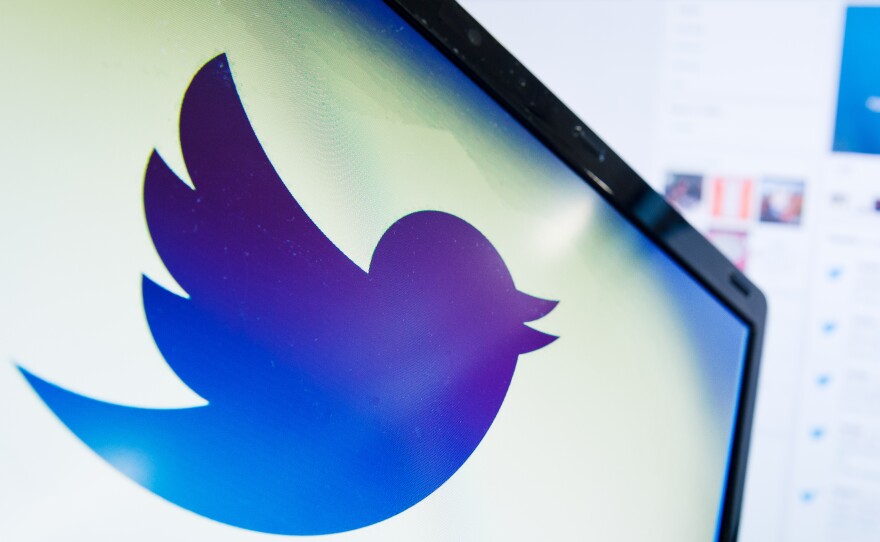
Twitter filed for its initial public offering Thursday, which means we get to see a lot of previously private money and traffic numbers about the San Francisco-based social media giant. Some takeaways from the public IPO filing, or "Form S-1," of the seven-year-old company:
Its revenue is fast growing, but it's not earning money yet.
Twitter says its revenue increased to $316.9 million in 2012, from $106 million in 2011. So far for the first half of 2013, the company made $253 million, but its net losses grew to $69.3 million.
Twitter will seek to raise $1 billion for its IPO.
The company will sell shares under the name TWTR, but we don't know yet which stock exchange it plans to list itself on. The $1 billion target is significantly smaller than social behemoth Facebook's $16 billion offering in May 2012.
More and more people are using Twitter.
Twitter now has 218 million monthly active users, up from 85 million at the same time last year. In comparison, Facebook boasts more than 1 billion monthly active users.
It's making a lot of money from mobile.
In the second quarter of this year, "Over 65 percent of our advertising revenue was generated from mobile devices," the filing shows. This boosts the company's moneymaking prospects, and is perhaps why Twitter has an estimated market value of $10 billion, "based on the appraisals of venture capitalists and other early investors," reports the AP.
Twitter's trying to keep itself weird.
There's been a lot of grousing about how going public will lead Twitter to lose a lot of what makes it attractive to users. But Slate's Will Oremus points out that the IPO filing, a typically dry document, actually shows a conscious effort to maintain some quirk:
"The most amusing--and the most illustrative of what makes Twitter weird--comes on page 97. That's where the company touts the opportunity it provides for people around the world to interact directly with celebrities and public figures. From the filing: 'For example, when a Twitter user sought cooking advice from chef Mario Batali (@Mariobatali), the user received a response from @Mariobatali and musician Gavin Rossdale (@GavinRossdale) joined the conversation and provided some advice of his own.' "
Interested in more? The Wall Street Journal's Digits blog went through and annotated the filing, if you want to read it through with added context. And our previous coverage explains some ways that Twitter plans to make money.
Copyright 2013 NPR. To see more, visit www.npr.org.






